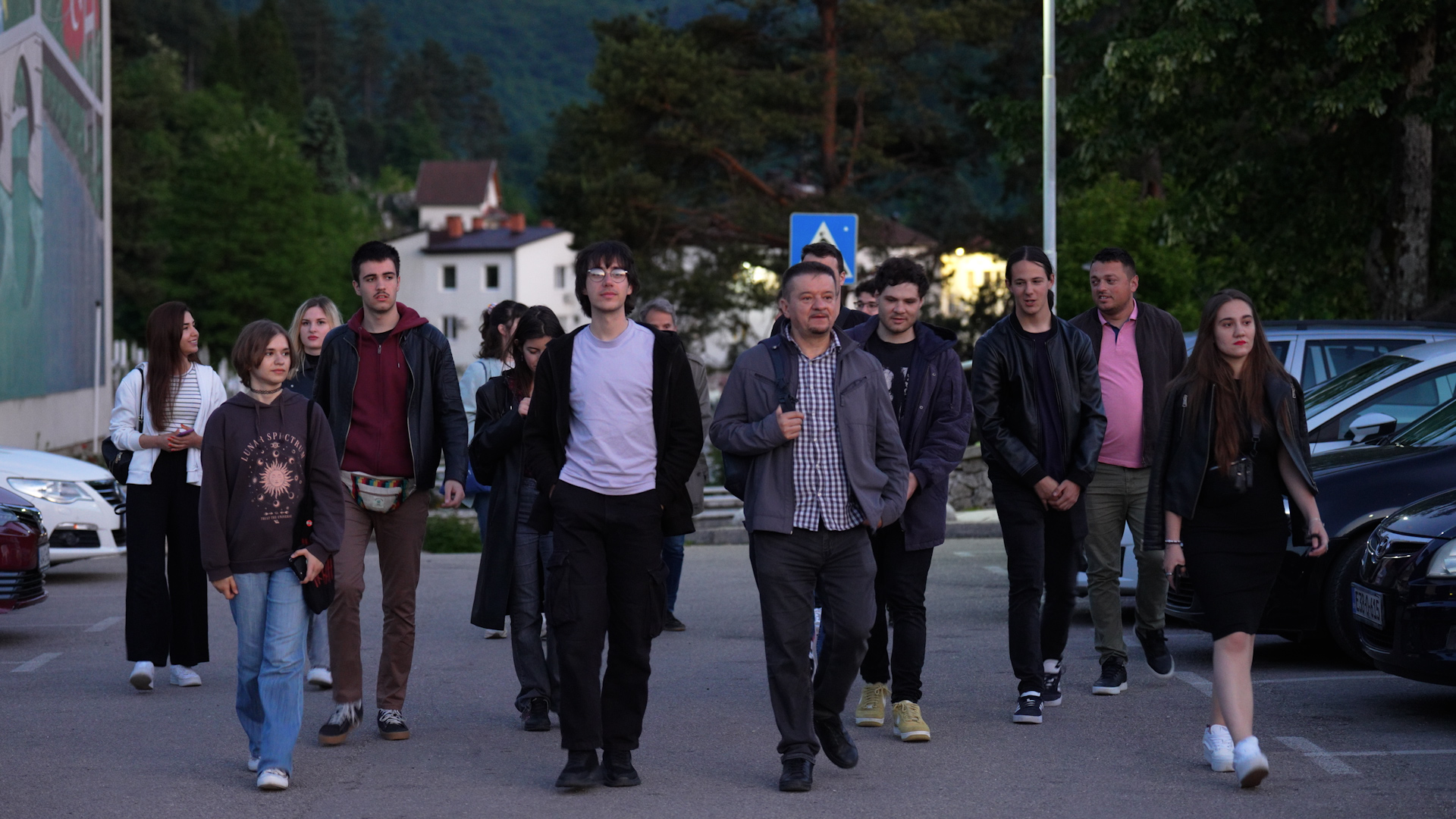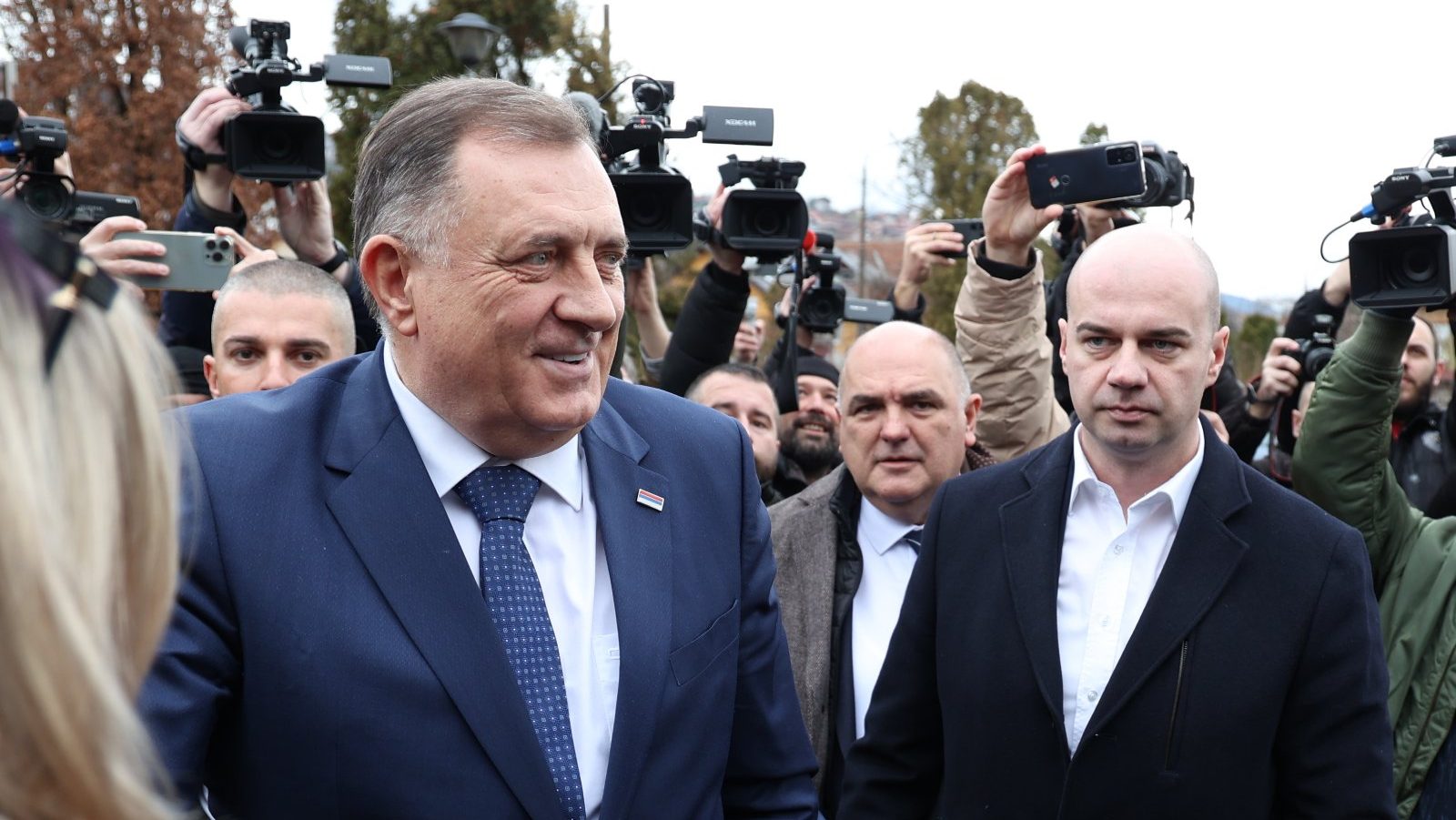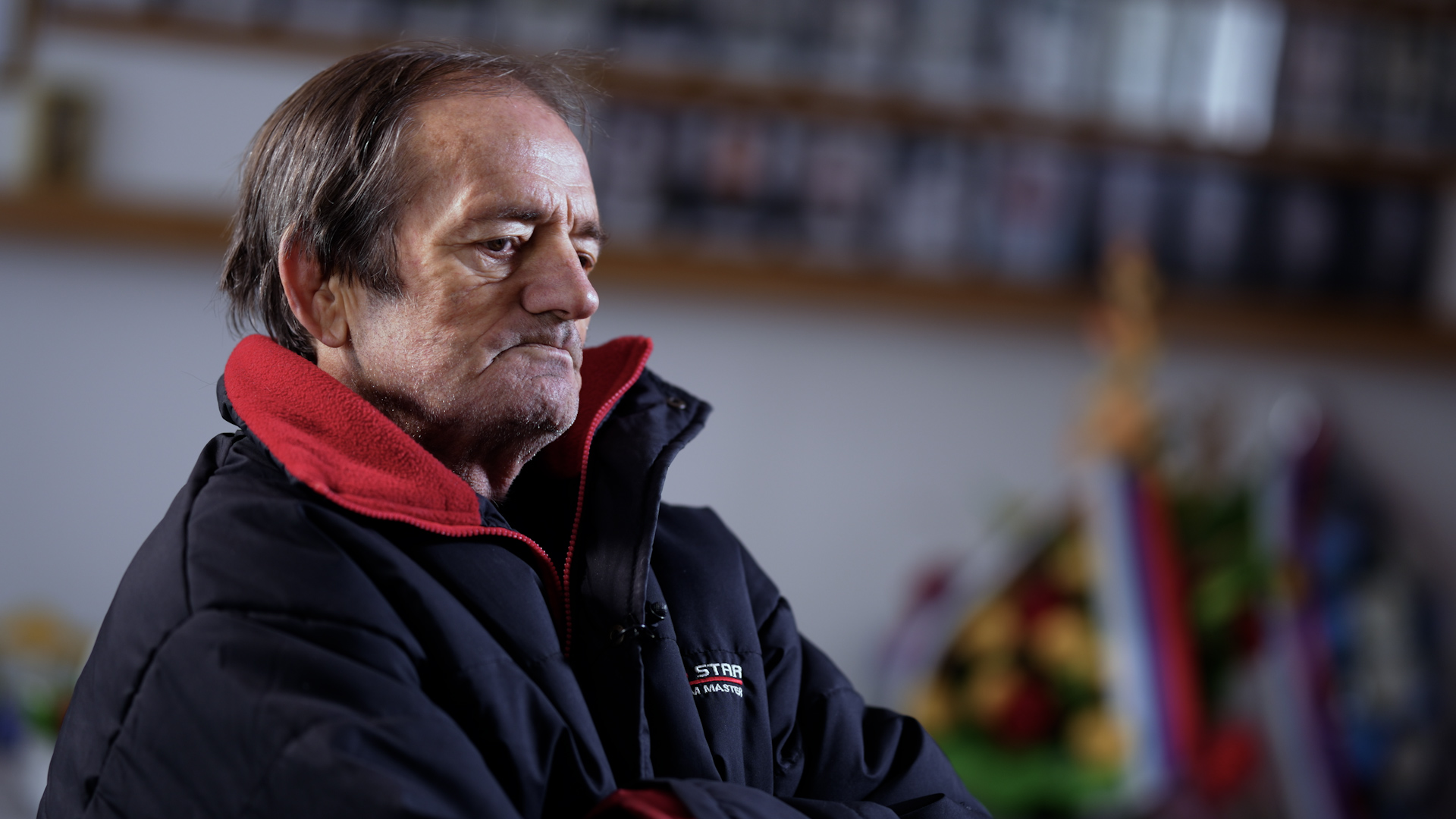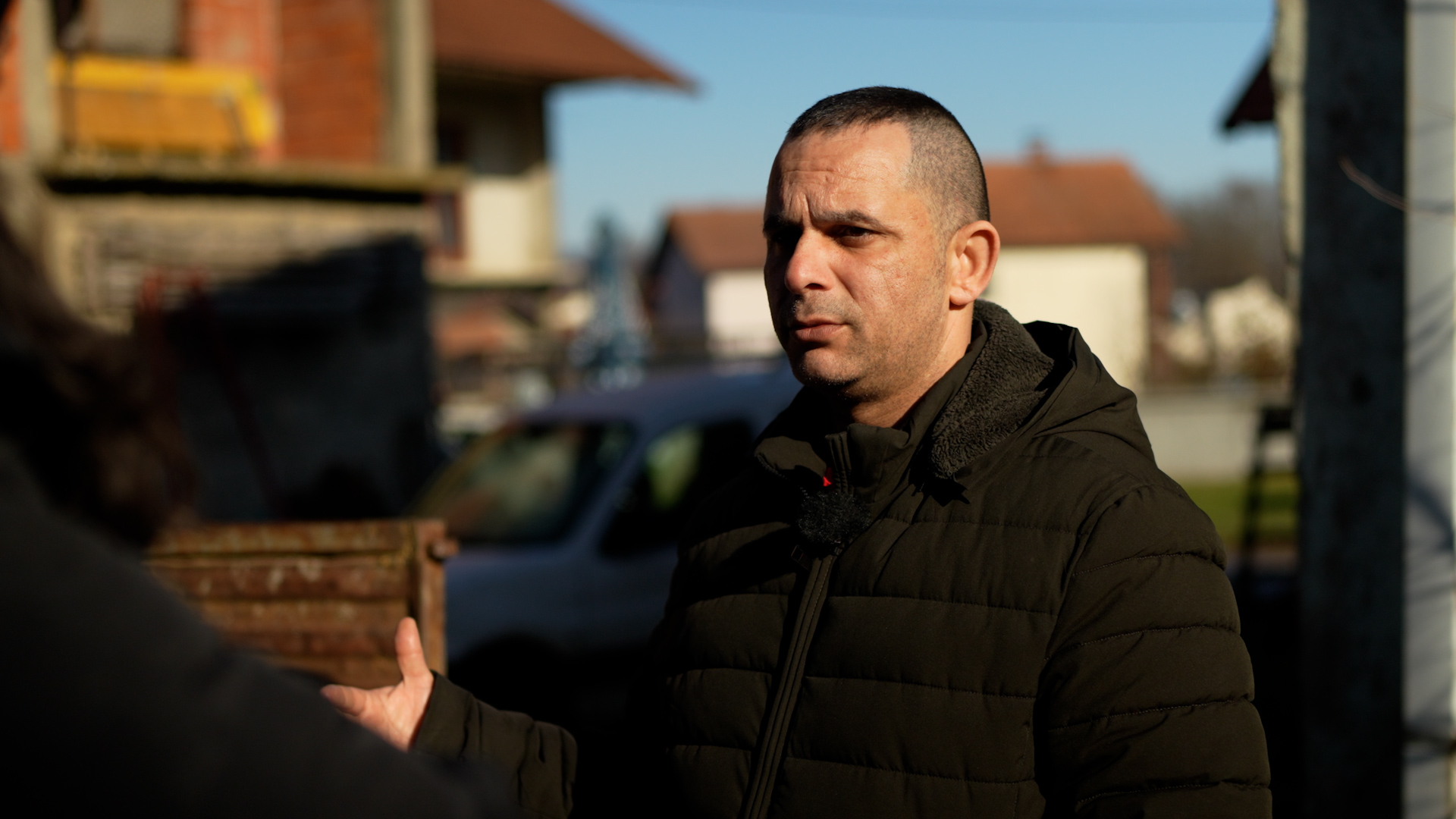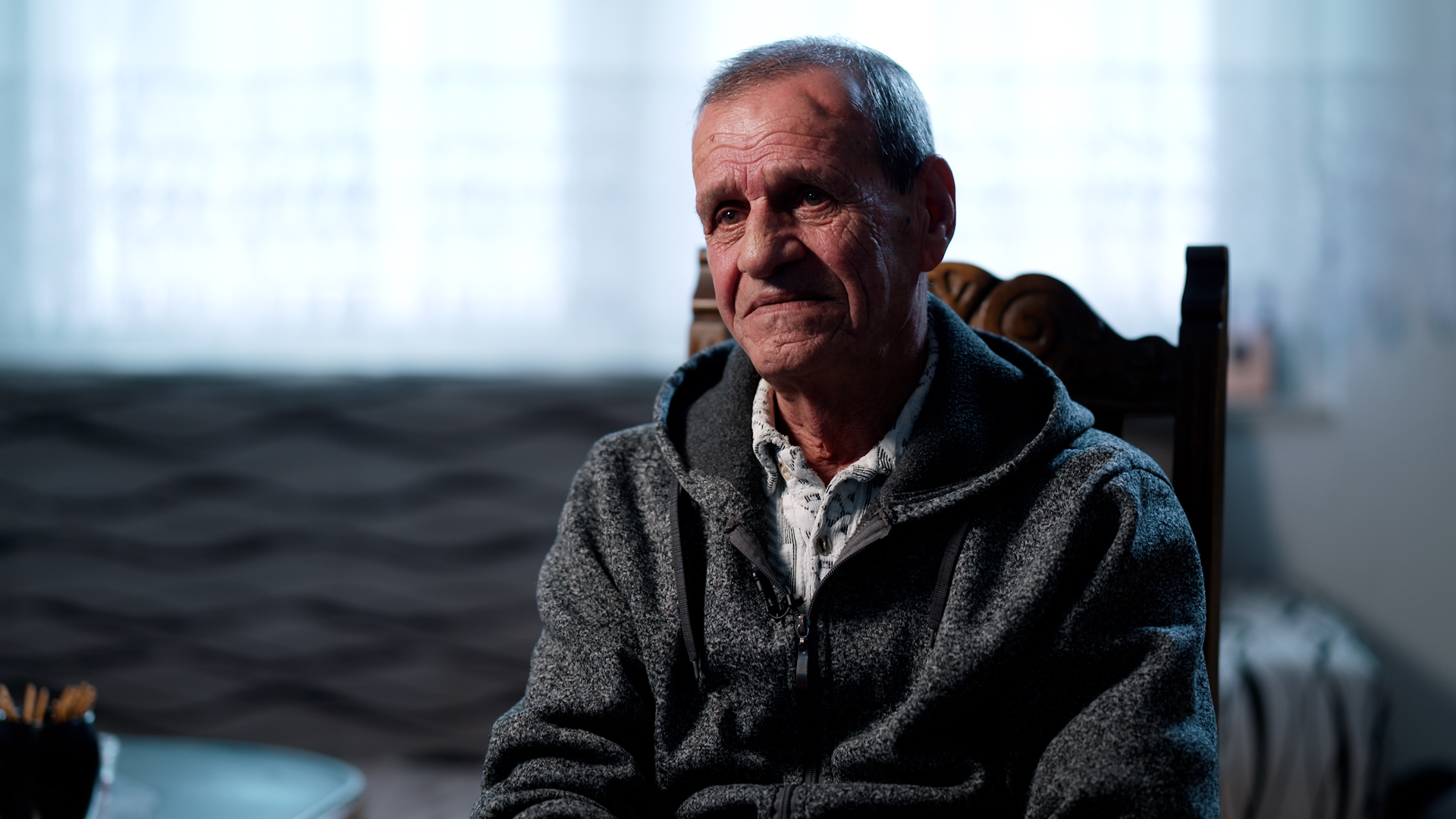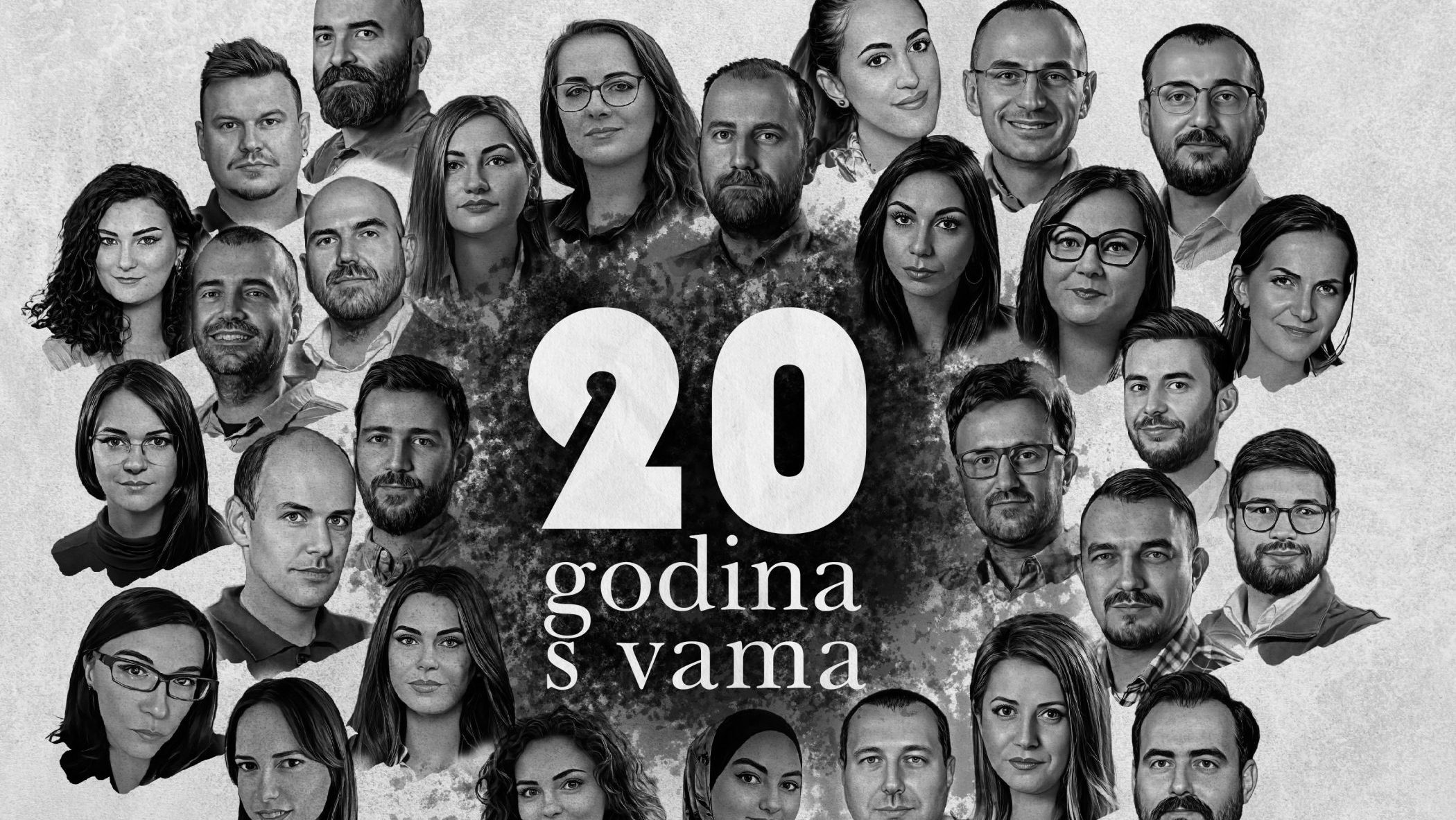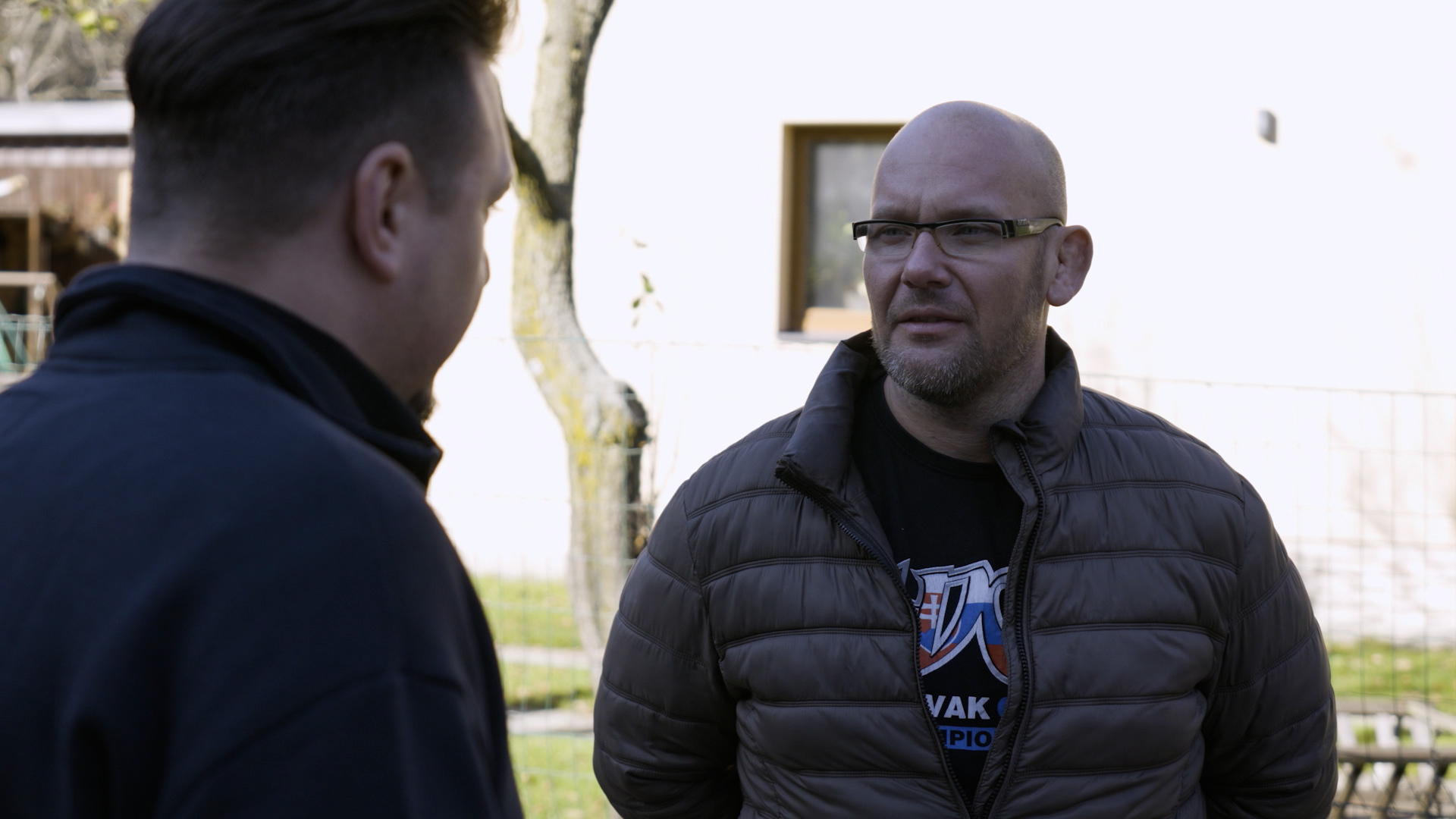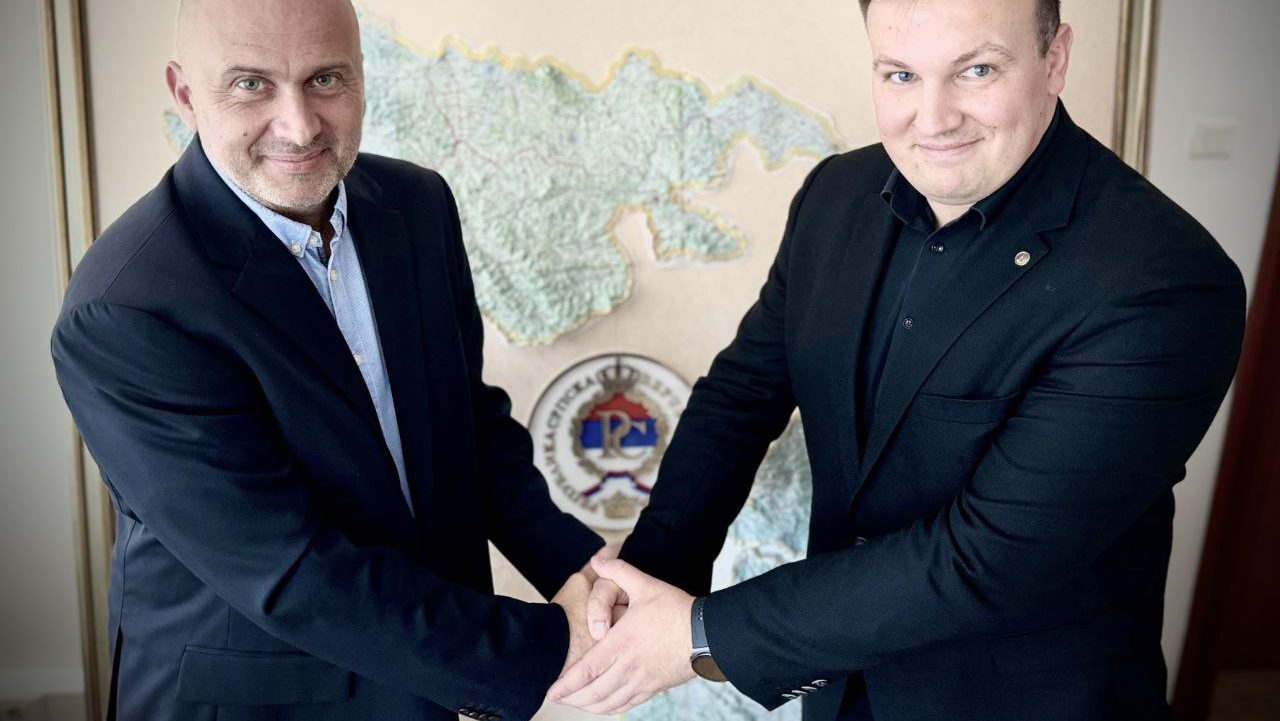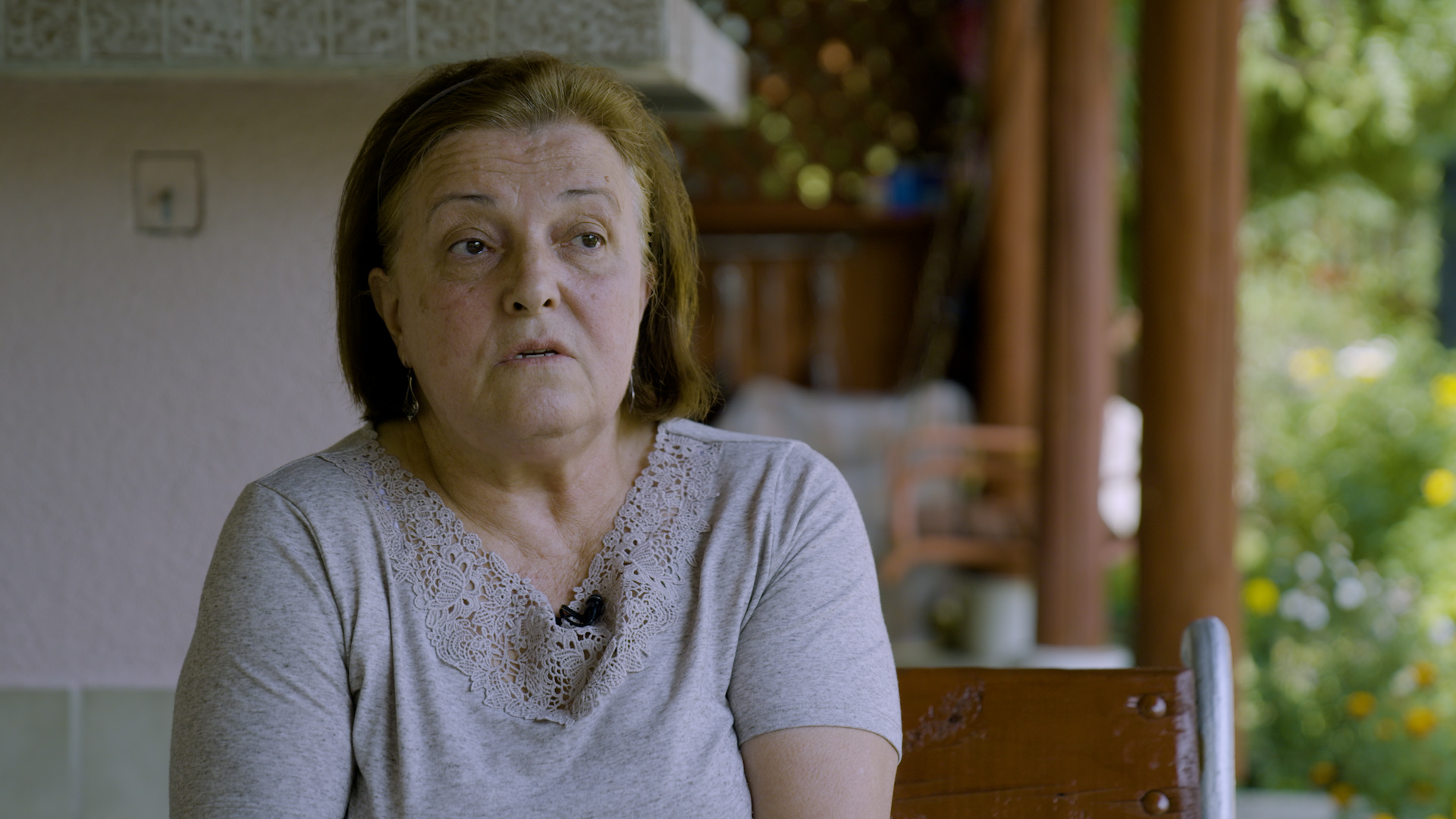In the March edition, we’re bringing you the story of Zijo Ribic, who was eight when he survived the shooting of about 30 Roma people from Skocic, near Zvornik, when...
In this programme, we talk to parents who have been searching for three decades for their children who went missing in the war - about their traumas and memories, but...
In the first episode of Detektor TV, after we changed the name of our long-running show TV Justice, we bring a slightly different story - a story about us, the...
In the December edition of TV Justice, we’re bringing you a story about a Slovak citizen who has found refuge in Trebinje after being convicted in his homeland for spreading...
Revelations that a government agency in Republika Srpska has agreed to open a ‘media school’ with an EU-sanctioned Russian propaganda tool shows Moscow is upping its information warfare in the...
This month marks the 31st anniversary of one of the largest mass crimes against civilians in the village of Stupni Do, near Vares. Former senior officials of Herzeg-Bosnia and the...

